Search
Remove Ads
Advertisement
Summary 
Loading AI-generated summary based on World History Encyclopedia articles ...
Search Results
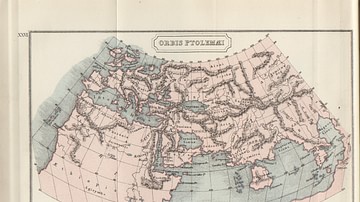
Definition
Arabia
The ancient Arabians, or Arabes as they were called by the Hellenes, were a Semitic people. One must note that the Arabians were not a single people but multiple smaller kingdoms and tribes. Arabia was home to great city builders and nomads...

Article
Legions of Mesopotamia, Cappadocia, & Arabia
As the Roman Empire expanded further eastward, annexing territories that were once the domain of the Parthians, the legions of Mesopotamia, Cappadocia, and Arabia were called upon to safeguard these newly acquired territories. Mesopotamia...

Article
Hegra and Jabal Ikmah, Saudia Arabia
Although 30,000 archaeological sites have been identified in the AlUla area of Saudi Arabia, only 8 are currently open to visitors: Jabal Ikmah, which has hundreds of inscriptions; Hegra, a massive site settled during the Nabatean and Roman...
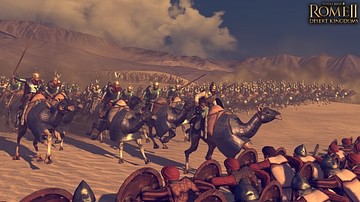
Definition
Kingdom of Saba
Saba (also given as Sheba) was a kingdom in southern Arabia (region of modern-day Yemen) which flourished between the 8th century BCE and 275 CE when it was conquered by the neighboring Himyarites. Although these are the most commonly accepted...

Image
Hegra, AlUla, Saudi Arabia
The spectacular landscape of Hegra, a UNESCO World Heritage site at AlUla, Saudi Arabia.
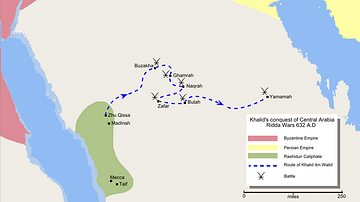
Image
Khalid ibn al-Walid's Campaign in Arabia
Map detailing the route of the conquest of central Arabia by Khalid ibn al-Walid (585 - 642 CE) during the Ridda Wars, culminating in the decisive battle of Yamama (633 CE). Battles are shown as crossed swords (or scimitars) and the Rashidun...

Definition
Queen of Sheba
The Queen of Sheba is the monarch mentioned in the Bible and then in later works who travels to Jerusalem to experience the wisdom of King Solomon (c. 965-931 BCE) of Israel first-hand. The queen is first mentioned in I Kings 10:1-13 and...

Video
The Horse: From Arabia to Royal Ascot
Exhibition curator Nigel Tallis introduces The horse: from Arabia to Royal Ascot. A free exhibition at the British Museum until 20 September 2012.
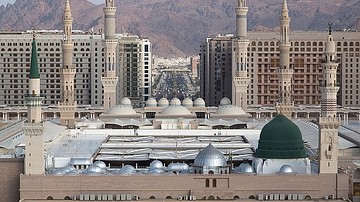
Definition
Prophet Muhammad
Muhammad ibn Abdullah (l. 570-632 CE) is venerated today as the Prophet of Islam and the “seal of Prophets” by his followers – the Muslims. Muslims believe that Muhammad was the last – hence the “seal” – of many prophets before him in Judaism...
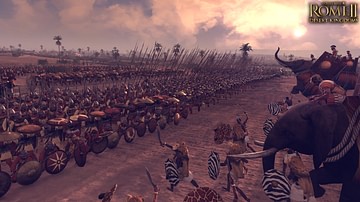
Definition
Kingdom of Nabatea
The Nabatean Kingdom was a powerful political entity which flourished in the region of modern-day Jordan between the 4th century BCE and c. 106 CE and is best known today for the ruins of its capital city of Petra. Although it is clear that...